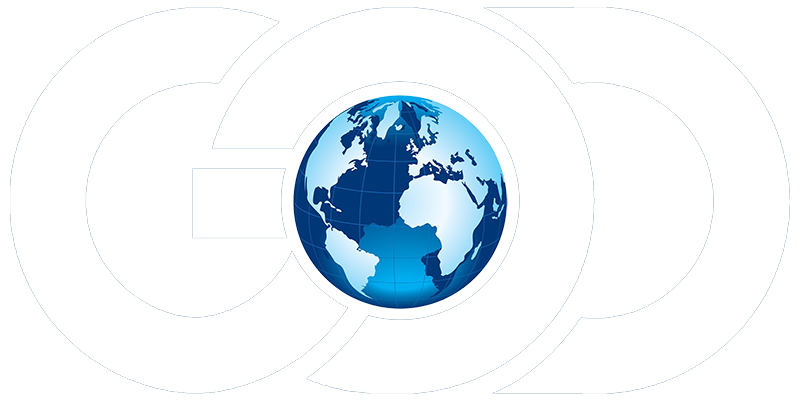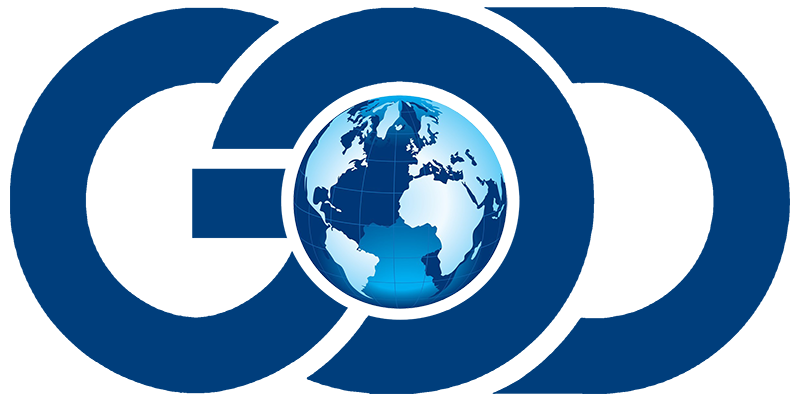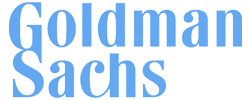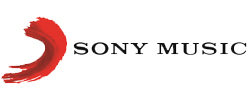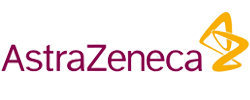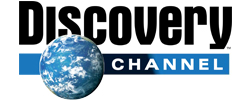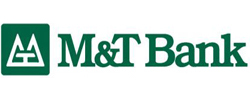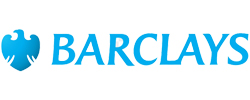Services
- Home
- Services

Inclusion
A diverse economy is a strong economy. Businesses that embrace our nation’s changing demographics reap the economic benefits of a diverse and inclusive workforce.
Businesses that recruit from a diverse workforce are better able to find the best and the brightest talent needed to compete in an increasingly competitive economy. By bringing together our different backgrounds, skills, and experiences, businesses are better able to breed the type of innovative and creative solutions needed to succeed in an increasingly competitive economy. Businesses that embrace diversity also realize significant increases in workforce productivity and job performance. More broadly, a diverse workforce drives economic growth, as more women, racial and ethnic minorities, and gay and transgender individuals enter the workforce.
In short, diversity is key to fostering a strong and inclusive economy that is built to last. This issue brief examines the state and strength of diversity in the U.S. workforce. Specifically, we look at the number and proportion of people of color, women, gay and transgender individuals, and people with disabilities in the workforce today.
Diversity
We partner with clients at all stages of a diversity initiative, including planning, needs assessment, strategy, executive coaching, training design, workshop facilitation, systems alignment, and measurement. We view valuing, managing, and leveraging diversity as a culture change for the organization, and ensure that our methods are targeted at the process of change, instead of simply a program or something to “fix.” We capitalize on the positives of our clients’ cultures while minimizing those factors that restrain it from realizing its full potential.
Our diversity and inclusion education offerings include customized experiential learning, executive dialogues, business case presentations, facilitation of diversity councils, design and delivery of diversity learning rooms, interactive theatre and other approaches.


Leadership Development
Our leadership development efforts are focused primarily on providing custom solutions for our clients’ high potentials, for all leaders within a specific level, or for those embarking on an international assignment. We focus on developing individuals’ leadership abilities beyond their current levels, in the context of job role and organizational culture, needs, and realities.
Our successful frameworks include experiential classroom learning, 360-
Team Building
We work with teams in many capacities, including “traditional” team building and improving dysfunctional team performance, as well as helping our clients to more effectively manage the cross-
Our team interventions are customized to address the needs of the specific group that we are working with. With some teams, we start at the onset with setting a clear direction, creating a vision, obtaining commitment and coordinating the team effort. With those groups who are just forming, we often continue to aid them in creating an effective team climate and managing the stages of team development. In this phase, we may also use the Myers-
With a team in transition or crisis, we help them to improve their performance by overcoming communication barriers, minimizing destructive behaviors, and learning how to conduct more efficient and effective team meetings. With this type of team, we may also administer the Thomas-


Cross Cultural Work
Current research suggests that between 60-
Through our customized sessions, people better understand the importance of developing greater cultural fluency in today’s global marketplace and begin to build those skills. We identify a working definition of culture, and create a better understanding of cultural differences and their impact on behavior. Customized to industry and business needs, we help participants to better understand the communication, learning, and teamwork implications for culturally-
Cross-
Mentoring
Today’s leaders need to be excellent facilitators, coaches, mentors and managers, balancing working with others with effectively managing self. Our coaching and mentoring programs are intensive approaches to building more effective relationships with both individuals and teams.
We help our clients improve their current level of Emotional Intelligence or Emotional Quotient (often referred to as EI or EQ) to more effectively lead, empower, motivate, and even inspire themselves and others. Our consultants are certified in the Emotional and Social Competence Inventory (ESCI), which is one of the tools that we use to assess and develop leaders. One-
We design and implement formal mentoring programs, helping clients to identify and further develop their key talent and underutilized people resources. Over the past several years, many blue-
Both our coaching and mentoring programs are known to improve professional and personal effectiveness alike. These efforts provide a way of reflecting on and developing greater skills, both at work and in life.

